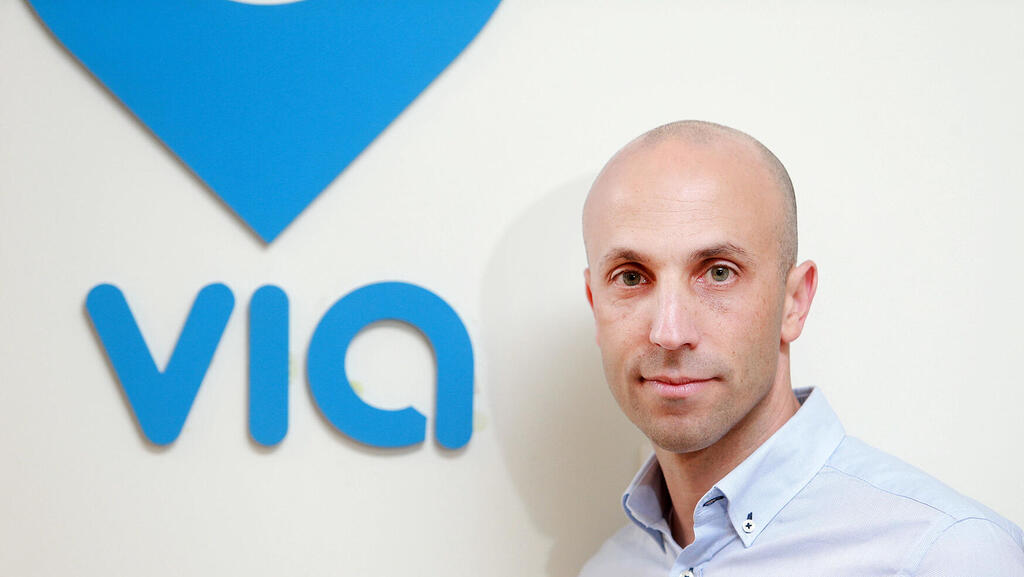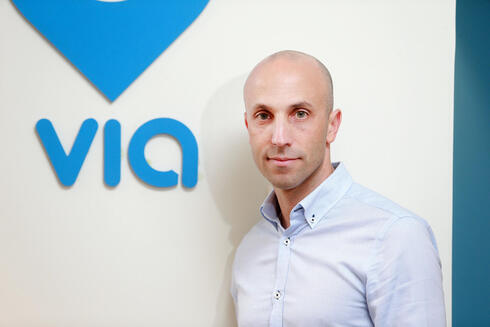
Via CEO Daniel Ramot pockets $23 million in IPO windfall
The founder sold half a million shares as the transit-tech firm raised $493 million at a $3.7 billion valuation.
Daniel Ramot, the Israeli founder and CEO of Via, walked away from the company’s Wall Street debut with $23 million in his pocket. His windfall highlights the personal stakes behind one of the busiest weeks for IPOs since 2021, as Via raised nearly half a billion dollars at a $3.7 billion valuation.
Via priced its shares at $46, above the initial $40–44 range, raising $492.9 million in one of the most notable offerings of the year. Roughly $328 million went directly to the company, while another $164 million flowed to longstanding shareholders who seized the opportunity to cash in.
Ramot sold half a million shares during the offering, reaping $23 million. Yet his decision to sell a relatively small slice of his holdings underscores his long-term bet on Via.
Other investors also reaped rewards. Pitango Venture Capital, one of Via’s earliest backers, sold shares worth nearly $20 million. Funds 83North and Exor remain among the largest stakeholders. Two Israeli investors outside the traditional venture capital circuit, the insurer Menora, with a 1.4% stake, and auto importer Colmobil, with 1%, also took modest gains.
Via has raised $900 million since its founding by Ramot and co-founder Oren Shoval. Today it operates in more than 650 cities across 30 countries, from New York and London to regional networks in Estonia, Luxembourg, and Flanders. The company employs nearly 1,000 people worldwide, including 400 at its Israeli R&D hub.
Related articles:
Revenues are growing quickly, more than 30% annually, reaching $429 million last year. Yet the company remains unprofitable. Investors appear willing to overlook the losses, betting instead on Via’s potential as governments pour money into digital infrastructure for public transport. Of its 689 customers, 90% are government agencies, mainly in the U.S.
Ramot insists that the IPO will not alter the way the company operates. “We’ve been operating like a public company for three years, meeting goals and forecasts, so nothing will change fundamentally,” he said after the debut. What will change, however, is Via’s ability to use its shares as a currency for acquisitions. “There are smaller firms that keep building platforms, and we may acquire one or two to expand our offering,” he added.
